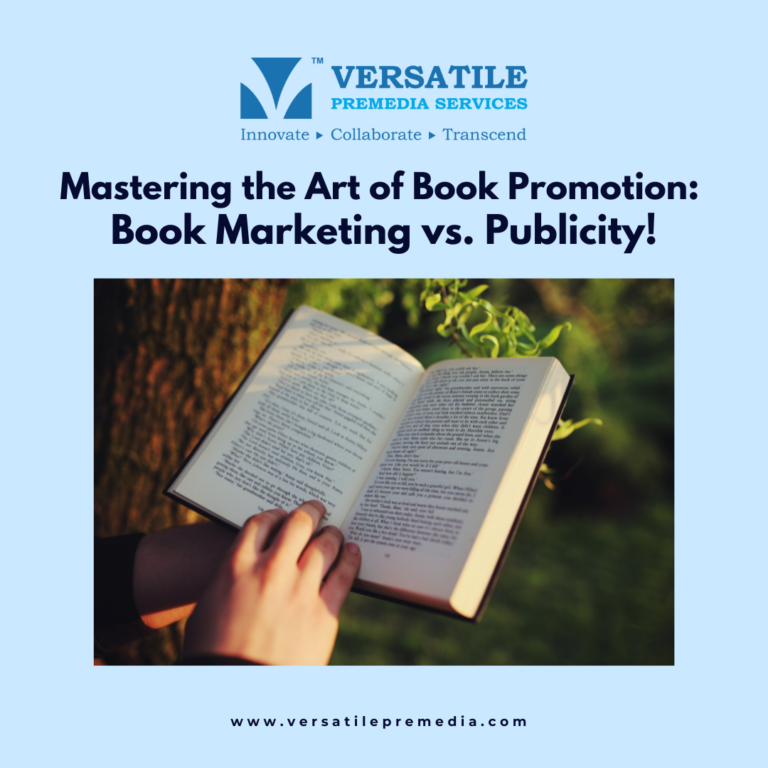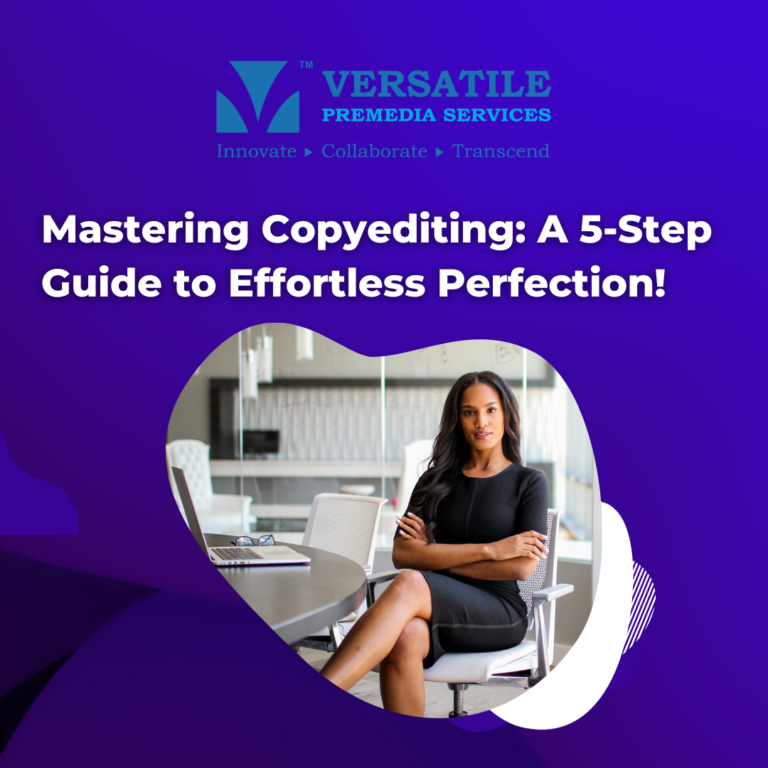Not everyone is bold in public. When you are nervous reading for a group of thousands, you might picture the audience to be judgmental. Your audience wants to appreciate you and your text and some of these people probably already do so. Be optimistic. They are there because they love your work and have come to listen to – your form of manuscripts.
So, what is it that you are going to read?
Keep the following things in mind as you make your selection to read.
Creating a Bond—The most powerful impact you can make while reading aloud is emotional. Preselect more material to read than what the allotted time. If you are having issues in your personal life, you may want to present content that reflects your emotional state—but don’t take a chance if you don’t trust yourself to keep control and offer something safer. If your reading is going to be short, choose a material that frames up to a powerful climax. Either way, take your audience on a joy ride.
If the event has a theme, consider it. Stretch a little to make a connection between the material you want to read and the idea. Only choose to read what you are comfortable with. You might find it demanding to hold a legitimate emotional connection for long, and your audience’s attention is pretty much guaranteed to wander. So, better to choose poems of varying lengths or small passages from different portions of your work.
It may not be just reading. You may do better when structuring your presentation as talk– about your work.
Speck less Reading– After you’ve selected the passages that you will include in your reading, or created a talk about your transcript, next is to get the perfect timing. This is where many rookie readers have trouble. They don’t time their reading in advance, time it inaccurately, or they decide it’s okay if they run over a little bit.
Well, it’s not okay to do so.
Maintaining time is one of the most professional approaches. If you have 5 minutes, prepare for 3 minutes or if you have 10 minutes, prepare for 8 minutes. The extra time allows for introductory remarks, pauses, comments, and responses from the audience.
It’s unfair to the other readers, especially those last on the list and to the audience when you don’t keep up your time. It’s always better to read less but read it thoroughly. Trim your material rather than pushing up your pace.
Adaptive Reading
You can leave out words or even paragraphs if that serves the purpose. It’s an event, and your interest should be to engage your audience. Omit phrases or sentences that might refer to other plotlines that will confuse your audience. While rehearsing, leave out anything that starts to feel clumsy. If you’re uncomfortable with even one word, replace it.
Final word–
When you stand in front of your audience, you’re making a bargain with them. You must give them an experience of human connection, for the effort they’ve made to be there. This sense of shared emotion is why we read out aloud. When you are able to make your audience stand up and clap for you, that’s when you feel the complete you. That sense of satisfaction that you were able to give your audience is incomparable.




One Response
Howdy, i read your blog occasionally and i own a similar one and
i was just curious if you get a lot of spam comments?
If so how do you prevent it, any plugin or anything you
can advise? I get so much lately it’s driving me mad so
any assistance is very much appreciated.